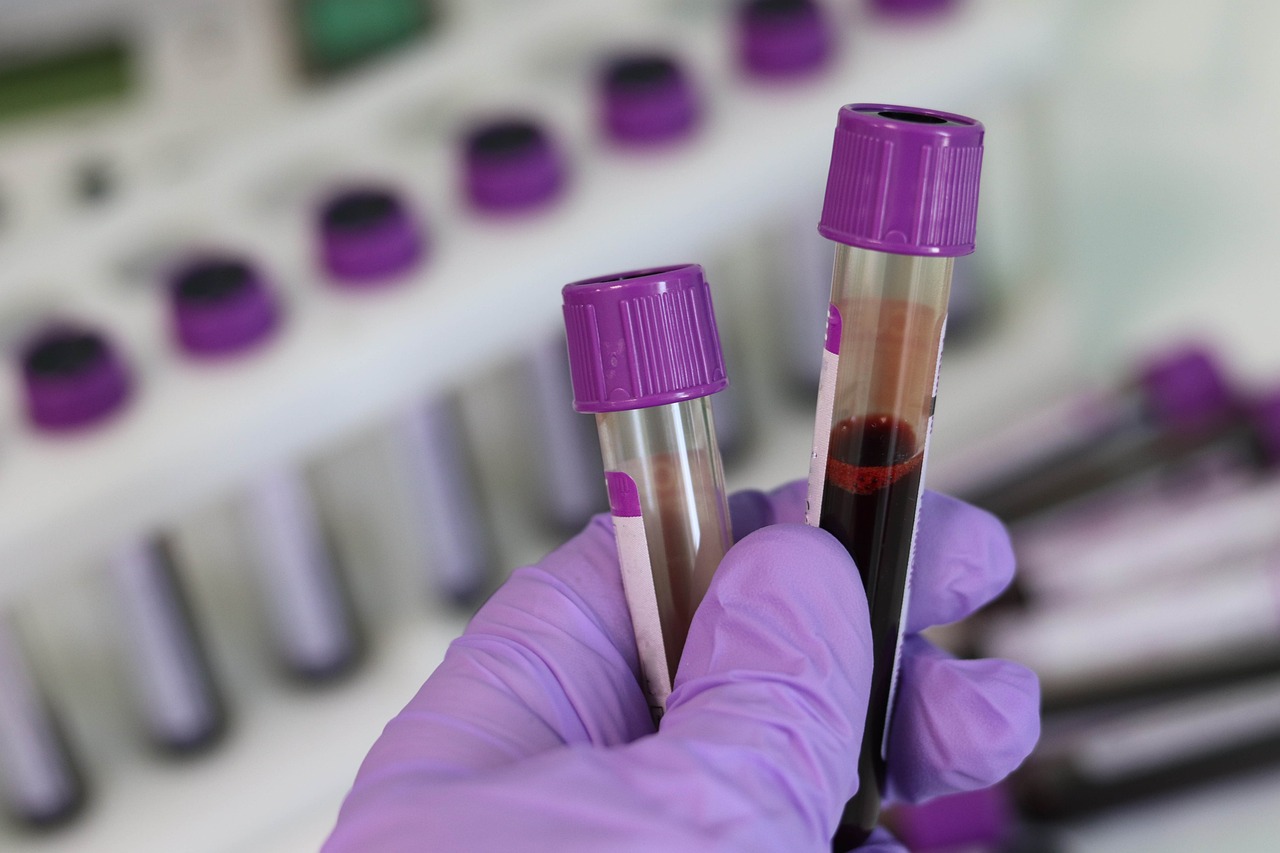A CBC test is basically a report card for your blood. In this article, we will discuss what this test is along with giving you an all-around knowledge of the test including its cost and the normal ranges for the result.
Without wasting any time, let us get started.
Table of Contents
What is the CBC test?
A CBC test stands for a Complete Blood Count test. This is one of the most common blood tests. The complete blood count test counts and calculates the various components of the blood. Distinctive machines are used to check these components which give out the result in a matter of minutes, if not seconds.
What does it measure?
The CBC test measures the components and features of your blood. Typically, the following things are measured, tested or calculated:
- Red blood cell [RBC] count
- PCV [Mean Platelet Volume]
- MCV [Mean Corpuscular Volume]
- MCH [Mean Corpuscular Haemoglobin]
- MCHC [Mean Corpuscular Haemoglobin Concentration]
- RDW – SD
- RDW – CV
- Leucocyte count
- Neutrophils
- Lymphocytes
- Monocytes
- Eosinophils
- Basophils
- Absolute Neutrophils count
- Absolute Lymphocytes count
- Absolute Monocytes count
- Absolute Eosinophils count
- Absolute Basophils count
- Platelet count
Why is the test taken?
The CBC test provides a healthcare provider with overall information about the wellness of an individual. It helps them detect diseases like cancer anaemia, infections, inflammation and more. The test assists the provider to assess the quality of your blood for diagnosis and treatment.
Let us find out why it is taken for mainly. The answer to that is as follows:
● To assess the overall health
Healthcare providers recommend you get the CBC blood test taken as a part of your routine health check-up. This way the test helps in inspecting your overall health regularly so that you can stay away from shocking revelations later on.
● To monitor a medical condition
If you have been diagnosed with a condition or a disease that is known to affect your blood in a detrimental way, the doctor will ask you to participate in this test to check the effects of the condition on the blood.
● To monitor a medical treatment
If you are on medication that can possibly affect the quality of your blood, your healthcare provider will recommend you get this test taken to keep track of the effects of the medication on your blood.
● To diagnose a disease
And the last reason why the CBC blood test is taken is that it helps to diagnose a disease. Your provider may ask you to get this test taken if you are experiencing extreme abnormalities such as fatigue, inflammation, fever and more.
What are the normal ranges for the CBC test?
Let us now discuss the normal ranges for the CBC test. They are as follows:
- For haemoglobin, the normal range is 13.0 – 17.0 for men and 12.0 to 15.0 for women. The units here are in g /dL.
- For RBC, the normal range is in mili/ cu.mm 4.5 to 5.5 for men and 3.8 to 4.8 for women.
- For PCV, the normal range is 40 to 50% in men and 36 to 46% in women.
- For MCV, the normal range is 83 to 101 fL for both males and females.
- For MCH, the normal range is 27 to 32 pg for both males and females.
- For MCHC, the normal range is 31.5 to 33.0 g /dL for adults.
- For RDW – SD, the normal range is 39 to 46 fL.
- For RDW – CV, the normal range is 11.6 to 14 per cent.
- For Leucocyte count, the normal range is 4 to 10.
- For Neutrophils, the normal range is 40 to 80%.
- For Lymphocytes, the normal range is 20 to 40%.
- For Monocytes, the normal range is 0 to 10%.
- For Eosinophils, the normal range is 0 to 4%.
- For Basophils, the normal range is 0 to 1%
- For Absolute Neutrophils count, the normal range is 2.0 to 7.0.
- For Absolute Lymphocytes count, the normal range is 1.0 to 3.0.
- For Absolute Monocytes count, the normal range is 0.2 to 1.0.
- For Absolute Eosinophils count, the normal range is 0.02 to 0.5.
- For Absolute Basophils count, the normal range is 0.02 to 0.1.
- For Platelet count, the normal range is 150 to 450.
How much does it cost?
The CBS generally costs between 200 to 400 depending on the following factors:
- Your location
- The clinic you choose.
- The method the clinic uses
Conclusion
That was all you needed to know about the CBC blood test which stands for Complete Blood Count test. It calculates the major components of your blood like WBCs, RBCs, Platelets, Haemoglobin and Haematocrit. We also talked about the uses of this test, its cost, the normal result ranges, how to prepare for it and what to expect in the test.


